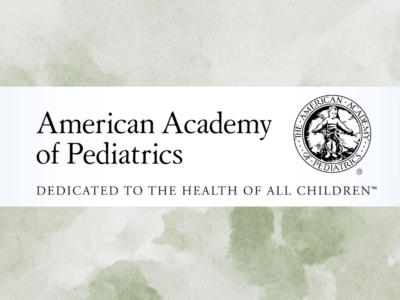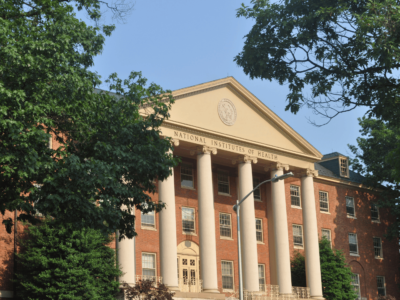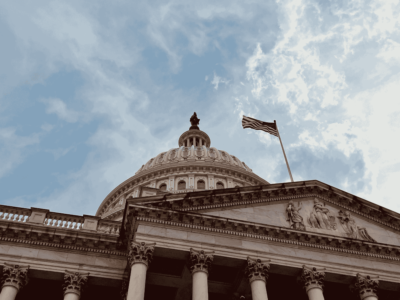The reviews of two drugs granted priority review via FDA’s new priority voucher program, Commissioner’s National Priority Voucher (CNPV) Pilot Program, have been delayed.
NIH will no longer fund scientific research that uses human fetal tissue from elective abortions, a practice that has contributed to the study of cancer, the development of vaccines, and the treatment of other diseases.
According to a preliminary tally, 1.4 million fewer Americans have signed up for health insurance through the Affordable Care Act Marketplace this year, according to early data published by the Centers for Medicare and Medicaid Services.
The U.S. cancer workforce faces critical challenges that may affect Americans’ access to lifesaving cancer care and delay progress in cancer research.
FDA, in collaboration with the European Medicines Agency, has published 10 principles to help guide pharmaceutical companies using artificial intelligence to develop drug, biological, and medical devices.
FDA has released additional information on its “flexible approach” to regulating chemistry, manufacturing and control, or CMC, requirements for cell and gene therapies.
OpenAI has launched a ChatGPT health feature in the U.S. that is currently available only to a small group of users for refinement.
A federal court has ordered the U.S. Department of Health and Human Services to restore nearly $12 million in funding that was cut from American Academy of Pediatrics funding last month.
Last year, the Trump administration began dismantling, RIFing, and stamping out programs and staff deemed ideological or politically motivated, halting application processes, and stripping funding opportunities.
The House of Representatives has passed an extension of Obamacare subsidies, sending the bill on to the Senate.












